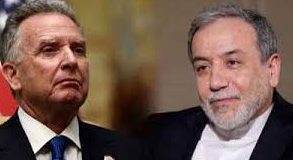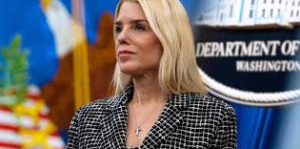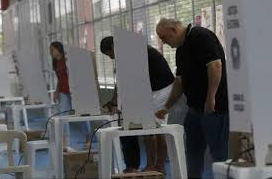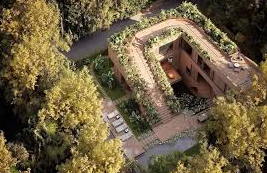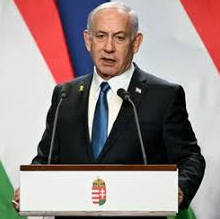As US prepares for discussions in Oman, Iran stresses format matters less than sincerity, while rejecting shift to face-to-face dialogue
Iran has rejected US President Donald Trump’s announcement that direct negotiations on its nuclear programme would begin in Oman this Saturday, clarifying that any forthcoming discussions will remain indirect. Tehran emphasised that the sincerity and commitment of both sides would determine the outcome, not the structure of the talks.
Trump’s surprise revelation, delivered at an Oval Office press briefing, seemed to catch Iranian officials off guard. He also issued a stark warning that failure to reach an agreement would place Iran in “great danger”. His comments come amid a notable increase in US military deployments across the Middle East, suggesting pressure tactics to compel swift Iranian engagement.
Leading the American delegation will be Steve Witkoff, Trump’s special envoy to the Middle East, known for past involvement in negotiations concerning both the Ukraine conflict and Israeli-Palestinian tensions. Iran will be represented by Foreign Minister Abbas Araghchi, who reiterated Tehran’s stance in a social media post shortly after Trump’s statement, calling the talks “an opportunity and a test”, while noting that the “ball is in Washington’s court”.
During a diplomatic visit to Algeria, Araghchi expanded on Iran’s position, stating that the form of talks—direct or otherwise—was secondary to their effectiveness. “What truly matters is whether parties are serious, have the intent to find a solution, and are willing to act on it,” he explained. He also noted that there had been no agreement to shift from indirect to direct discussions, a move reportedly opposed by Supreme Leader Ayatollah Ali Khamenei, in part due to longstanding US sanctions and internal political resistance.
Former Iranian president Hassan Rouhani welcomed the development but cautioned that the landmark 2015 nuclear deal, achieved in under two years, could have taken decades had it been carried out indirectly.
The 2015 agreement, officially the Joint Comprehensive Plan of Action (JCPOA), lifted sanctions on Iran in return for curbs on its nuclear activities. Trump withdrew from the accord during his first term, and Iran is now gauging whether the US seeks a new monitoring framework or intends to push for total dismantlement of its nuclear programme—a scenario likened to the “Libya model”, in which Muammar Gaddafi surrendered all weapons of mass destruction in 2003.
Israeli Prime Minister Benjamin Netanyahu, appearing alongside Trump, voiced support for such an approach, but Iran remains firm that its civilian nuclear programme will not be abandoned. Tehran also believes Israel is anticipating the talks’ failure, after which it may advocate for a joint military operation with the US against Iranian nuclear infrastructure.
Despite that backdrop, Witkoff hinted in a recent interview that Trump’s demands might be more moderate, focused primarily on establishing robust verification procedures to prevent weapons development.
Iran maintains that its nuclear activities are peaceful, pointing to UN resolution 2231 as confirmation of its legal legitimacy. “We are prepared to clarify any uncertainties, as long as doing so doesn’t hinder our national interests,” Araghchi affirmed.
Nonetheless, Iran remains wary of potential US efforts to broaden the scope of talks to include its ballistic missile programme and financial backing for regional militias—conditions likely to be resisted in Tehran.
A recent report by the International Atomic Energy Agency highlighted that Iran’s stockpile of 60%-enriched uranium has grown sharply, now standing at nearly 275kg. Experts warn that enrichment to 90%—weapons-grade—is relatively straightforward from this level. Iran asserts that the build-up is a justified response to continued US sanctions.
Trump has reportedly imposed a two-month deadline, with May as the target for reaching a breakthrough. With Iran known for its strategic patience and negotiating prowess, the coming weeks may test both sides’ resolve and tolerance.
